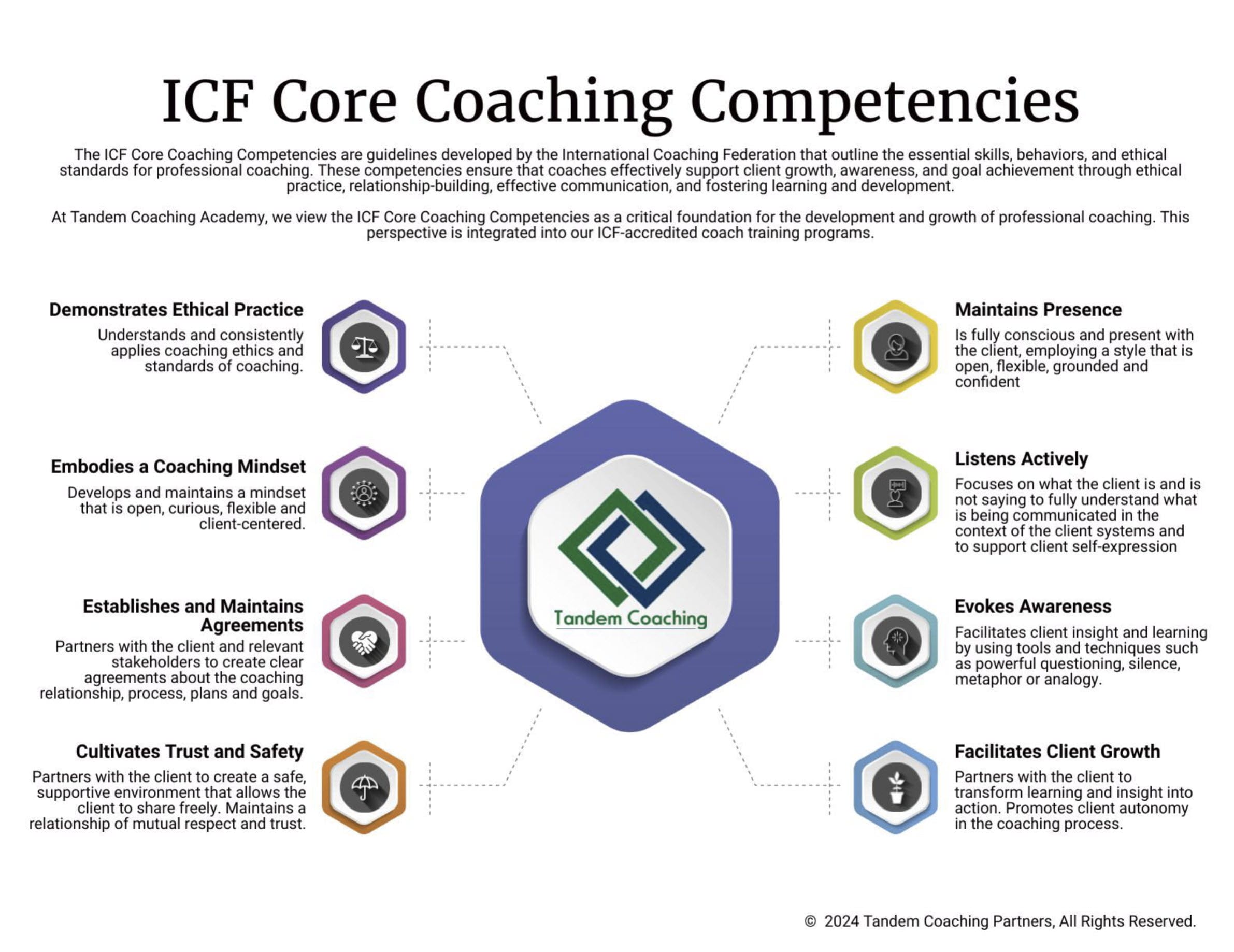Hi, Cherie here. Establishing a coaching agreement with leaders in agile environments is crucial for a successful coaching relationship.
Here are five steps to create an effective coaching agreement that fosters clarity, trust, and progress:
- Clarify Coaching Objectives: Begin by understanding and articulating the specific objectives the leader seeks to achieve through coaching. This clarity forms the cornerstone of the coaching agreement, guiding both the coach and the leader towards common goals.
- Define Scope and Boundaries: Clearly outline the scope of the coaching engagement, including the roles and responsibilities of both the coach and the leader. Establishing boundaries early on ensures a focused and respectful partnership.
- Set Expectations for Communication: Agree on how and when communication will take place. This includes setting regular intervals for coaching sessions and establishing preferred methods for feedback and updates. Effective communication is key to maintaining momentum and addressing challenges promptly.
- Outline the Process for Feedback and Adjustments: Feedback is a vital component of any coaching relationship. Define a process for giving and receiving feedback, ensuring that both parties can share insights and make adjustments to the coaching plan as needed.
- Agree on Confidentiality and Ethical Standards: Trust is the foundation of effective coaching. Agreeing on confidentiality ensures that sensitive information is protected, while adherence to ethical standards guarantees a professional and respectful engagement.
Until next time, Cherie 💚
Facebook
Twitter
LinkedIn

Unlock Your Coaching Potential with Tandem!
Dive into the essence of effective coaching with our exclusive brochure, meticulously crafted to help you master the ICF Core Coaching Competencies.
"*" indicates required fields
About the Author
Cherie Silas, MCC
Cherie is a co-founder and the CEO of Tandem Coaching. Her background is in executive, leadership, and agile coaching as well as organizational design.
She has over 20 years of experience as a corporate leader and uses that background to partner with business executives and their leadership teams to identify and solve their most challenging people, process, and business problems in measurable ways.
Read More She has over 20 years of experience as a corporate leader and uses that background to partner with business executives and their leadership teams to identify and solve their most challenging people, process, and business problems in measurable ways.
















